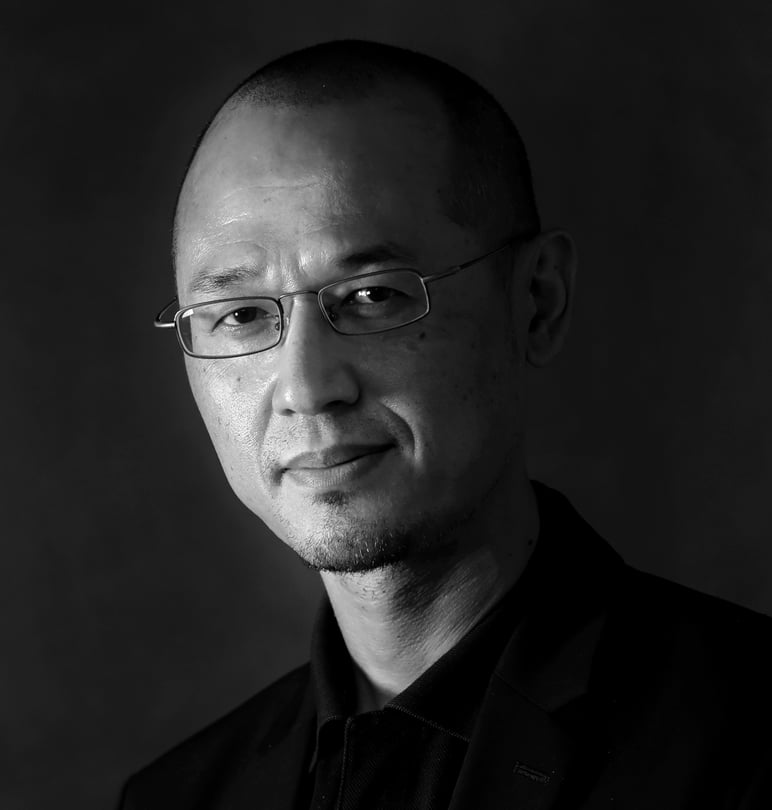
How Sikhs are fighting bigotry with bread around the world
Yonden Lhatoo’s visit to Hong Kong’s Sikh temple gets him thinking about how this community is winning hearts and minds around the world by providing food for the needy
A colleague at work, who hails from Hong Kong’s Sikh community, took me to their gurdwara, or temple, this week to give me a taste of the charity work it’s doing and to prove there is such a thing as a free lunch.
The Khalsa Diwan in Wan Chai, built in 1901 by Sikhs from the British army, is still going strong. It stands testament to the historic role of their community in the development of this city, starting as some of the first police officers.
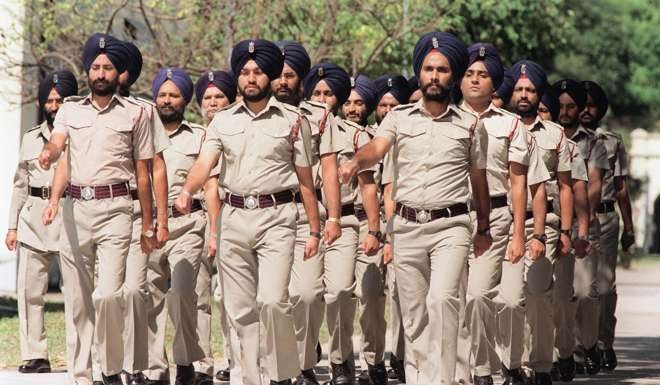
The concept of charity for the Sikhs is deeply rooted in tradition, and their age-old “cauldron and sword” philosophy – feeding and protecting the hungry and oppressed – is personified by the temple’s langar, or free kitchen, open to visitors of any colour, background or religious persuasion. The food prepared by volunteers is simple and wholesome vegetarian fare, available throughout the day to anyone who asks for it.
Sikhs around the world are working wonders with this concept of winning hearts and minds through stomachs. It’s such a basic approach. And so effective.
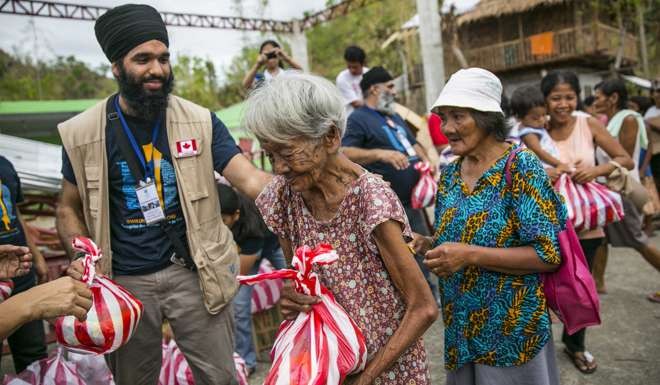
There’s the Sikh migrant working as a taxi driver in Darwin who has shown Australians a thing or two about helping destitute and neglected indigenous people with his one-man langar.
Homeless people in the UK have been turning to the Sikh community for free food. One gurdwara in Southall, London, thought to be the biggest outside India, provides 5,000 meals on weekdays and 10,000 on weekends.
Some have taken their community kitchens to the most dangerous places on the planet.
One UK-based Sikh charity has won accolades for setting up a bakery near the Syrian border to feed thousands of refugees fleeing the war-torn country and Iraq.
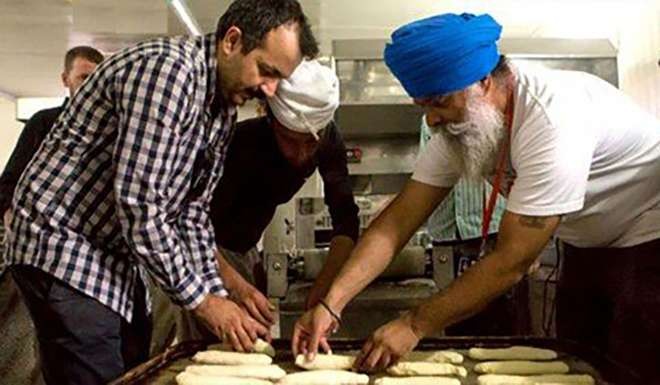
How ironic that these angels of mercy are mistaken for the very terrorists whose victims they are risking their lives to help. To the bigoted and the ignorant, brought up on a processed diet of Osama bin Laden images, Sikh men must be terrorists because of their faith-mandated turbans and facial hair.
The head of the charity operating near the Syrian border spoke of how he had to wear brightly coloured turbans and clothes to avoid being mistaken for a member of Islamic State, which prefers black.
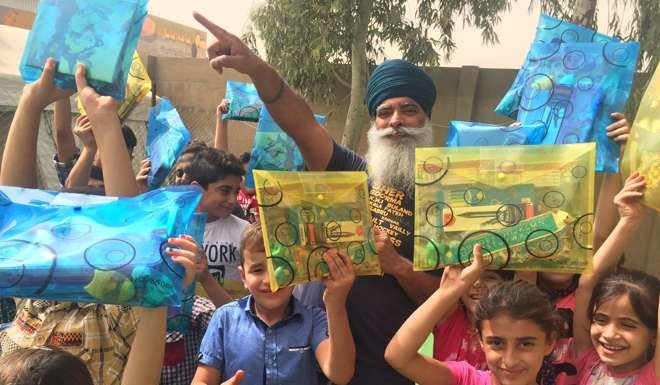
Ever since the September 11, 2001 terrorist attacks, Sikhs in the US in particular have been the innocent victims of Islamophobia, starting with the murder of a Sikh petrol station owner, gunned down by an American who just wanted to “go out and shoot some towel heads”.
It came to a head in 2012 when a white supremacist opened fire at a gurdwara in Wisconsin, killing six people, and triggering some soul-searching among Americans. Fifteen years after September 11, Sikhs in the US feel no safer, and the blatantly anti-immigrant and xenophobic rhetoric of the ongoing presidential election campaign season doesn’t bode well for them.
In the meantime, they fight bigotry with bread. And add this to the irony of it all: the langar concept was actually started by a 12th-century Muslim missionary and later adopted by Sikhs. Hunger knows no caste, creed or colour.
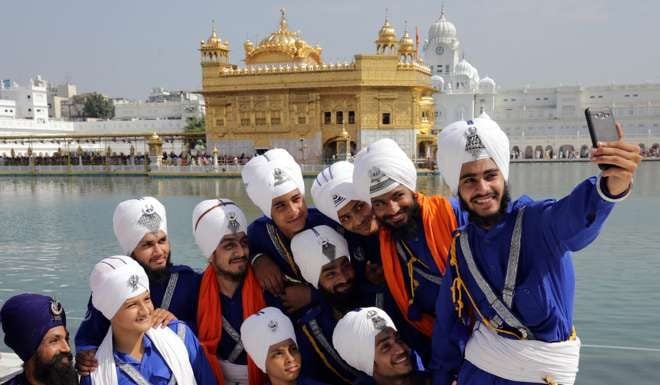
By the way, there’s a little twist to my own langar story. It just so happened that we chose to visit the Khalsa Diwan in the middle of a severe rainstorm. When it was time to leave, I realised that someone had taken my umbrella from the rack outside the prayer hall.
The price I had to pay was getting soaked to my skin on the way back. I wrote it off as my personal contribution to charity, given that I had inadvertently helped someone in need.
Perhaps there really is no such thing as a free lunch after all.
Yonden Lhatoo is a senior editor at the Post

